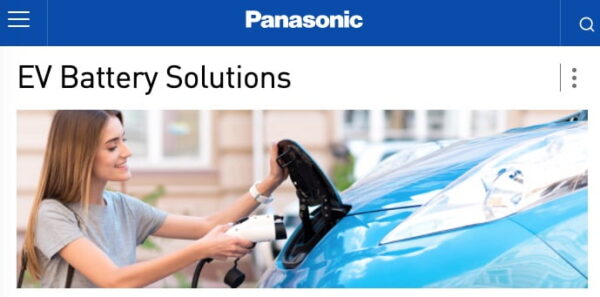
Tesla Supplier Panasonic to Increase Battery Energy Density by 20%, Says CTO

Panasonic plans to begin producing Tesla’s 4680 batteries starting in March 2024, before new reports show the company is working on increasing the battery density of its electric vehicle (EV) battery cells.
Tesla supplier Panasonic is developing technology to increase battery energy density by one-fifth by 2030, according to the company’s Chief Technology Officer in a statement to Reuters.
If Panasonic is successful, it could boost a Tesla Model Y’s driving range by over 62 miles (100 km) using the same size battery pack, or let EV automakers create lighter overall vehicles without affecting driving range.
Panasonic Sends Tesla 4680 Battery Samples, Prepares for Production Surge https://t.co/mYc5qNggOB
— TeslaNorth.com (@RealTeslaNorth) June 1, 2022
The increase could also help Panasonic keep its finger on the pulse of the growing EV industry, seeing as the battery is the most expensive part of a battery-electric car.
In a statement, Panasonic CTO Shoichiro Watanabe said, “The race among battery makers has been to come up with more potent and effective additives.” Watanabe later added, “If we can get that to 4.5 or 4.6 volts, I think the whole world view in terms of what’s possible for EVs would change.”
Panasonic Energy plans to achieve these gains by leveraging a new mix of additives that will allow individual cells to run at a higher voltage–without damaging battery performance, said the CTO.
Earlier this year, Panasonic announced plans to invest $4.9 billion into EV batteries, supply chain software and more.
Panasonic is currently eyeing new a production facility in either Oklahoma or Kansas, as seen in a report from March.

